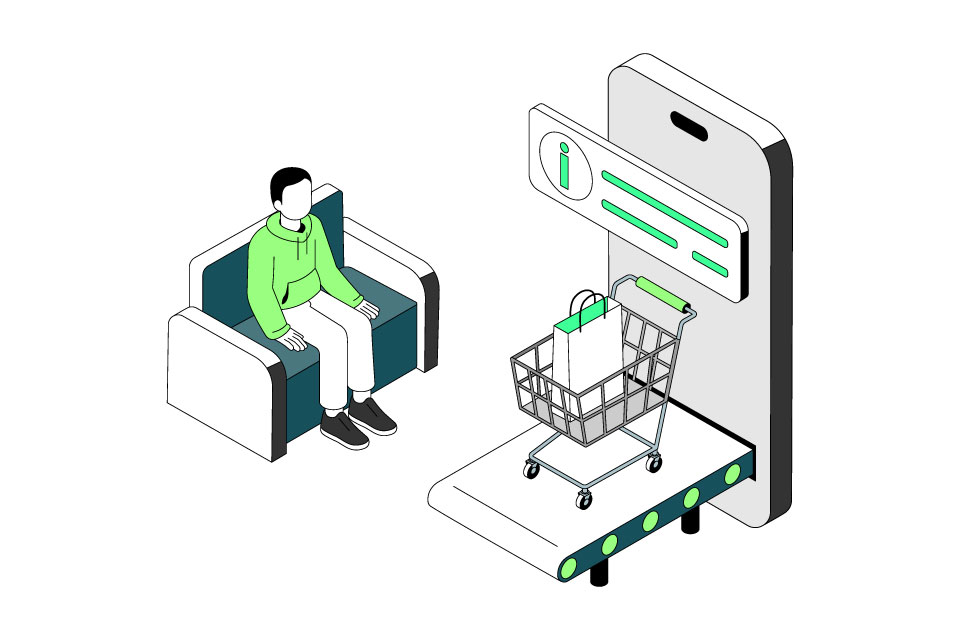
NatWest’s recent return to private ownership provides a moment of closure, and a chance to reflect on the lessons we have learned, 16 years after the Government stepped in to rescue what was then called the RBS Group.
As the Chancellor asserts, the bank’s full reprivatisation “turns the page on a significant chapter in this country’s history”. It will undoubtedly present new opportunities for strategic flexibility and growth for NatWest as well.
But for many, I’m sure – as we discussed on BBC Wake Up to Money this week – it will also serve as a reminder of the deep and lasting impact of the financial crisis that shook millions of banks, businesses and savers across the world.
Lessons from the bank bailouts: the impact on consumer trust
When the 2008 financial crisis reared its head, the government faced a difficult choice, which resulted in an unprecedented bailout package.
In the knowledge that the consequences of a collapse of the financial system would have been near irreparable, this injection of cash served to prop up the banks – and likely saved the economy from a far worse fate.
But what the bailout couldn’t prevent was the widespread erosion of trust in some of the UK’s most renowned business leaders and prestigious institutions. Through the service lens, when things go wrong, while the financial hit is often the most visible in the short term, it’s the threat to trust and reputation that can leave the deepest scar.
While the cyberattacks that have impacted numerous organisations recently are less of a systemic risk (at this stage), getting the response wrong can still present a significant threat – and even an existential one.
One central principle remains: trust is hard to earn and quick to lose. So, as NatWest – one of the founding members of The Institute of Customer Service nearly 30 years ago – enters its next era, what are the lessons for other organisations in building and maintaining trust?
Trust in today’s world
Trust remains fragile and has become increasingly important. Consumers are more distrustful of businesses and have become more discerning about an organisation’s ethics, values and wider business practices. Activists, politicians and the media have better access to data, whistleblowers enjoy better protections, and AI is making it easier to sift through information to pull out relevant insight.
The long-term impact of incidents that damage trust is significant. Our Risk & Reputation research shows that businesses tend to downplay the significant impact service failures have on consumer trust: just 11% believe that major service failures have a lasting negative impact, while 61% of consumers report that experience of such failures leads to a long-term loss of trust in the organisation concerned.
Boards, too, need to ensure they have the expertise and resources necessary to assess the impact of customer service on operational, brand, and reputational risk. In sectors such as financial services, the benefit of having a board member responsible for ensuring positive customer outcomes remains, even if the FCA’s Consumer Duty standard no longer mandates it.
Crisis preparedness should extend beyond financial and cyber risks to encompass the reputational risks associated with service failures. When you consider the £7.3bn per month UK productivity hit from regular service failings, it becomes clear that mitigating and managing them offers a clear path to savings and efficiency gains.
As our recent Risk & Reputation research shows, a strong organisational culture that aligns customer service, reputation, and risk management is essential. By establishing the right culture, every person at every level of the organisation understands that customer service is not just about delivering a good experience – it’s integral to managing reputation, safeguarding against risk and growing a sustainably profitable business.


